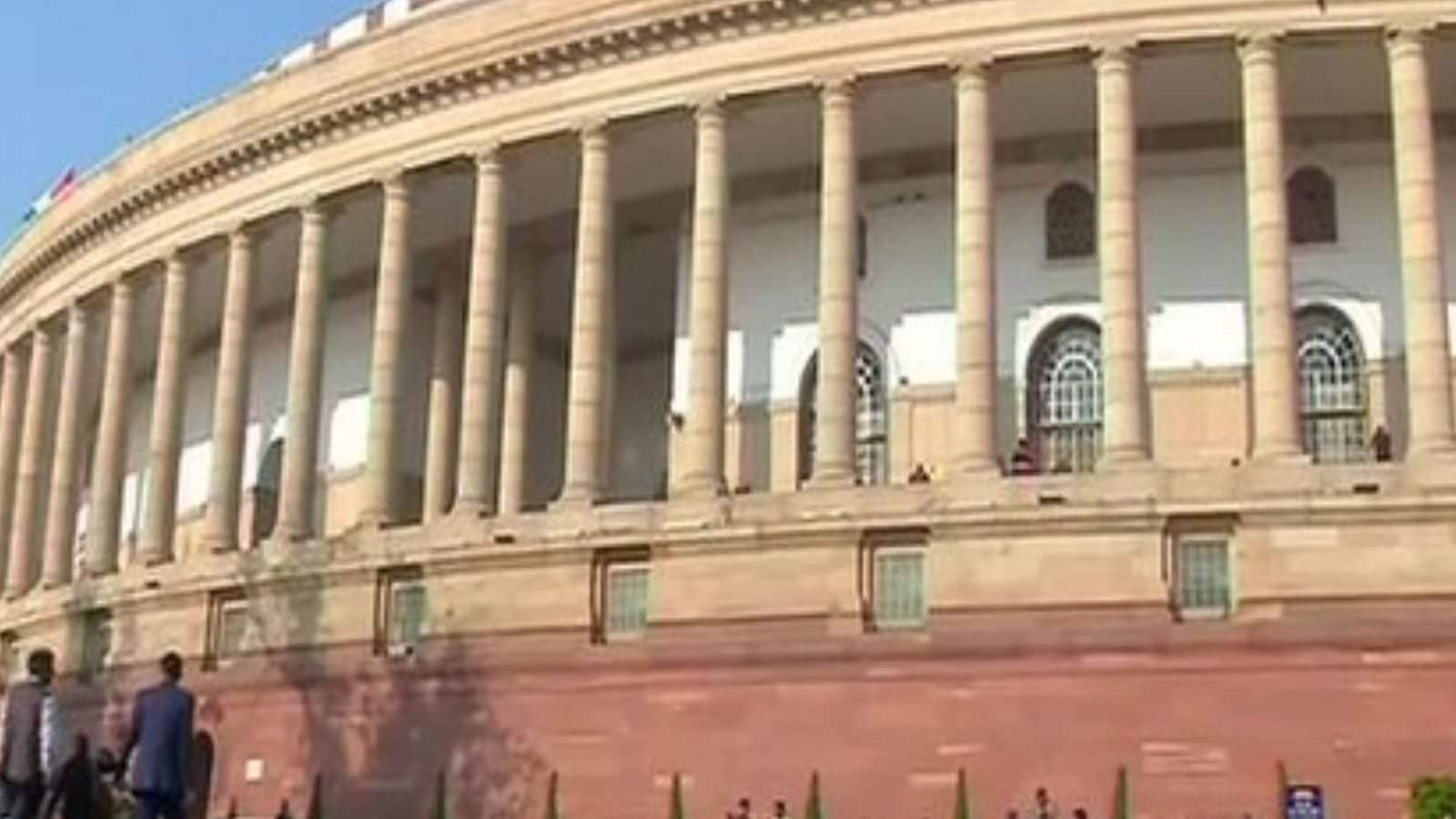General Insurance Amendment Bill Passed: What is it? How Insurers will be Impacted
The Rajya Sabha passed the General Insurance Business (Nationalisation) Amendment Bill, 2021 on Wednesday. The Lok Sabha had already passed it once at the beginning of the month. This bill was passed without discussion and was done in the presence of heavy protest by the opposition MPs. The aim of the bill is to provide a greater deal of private participation in the public sector insurance companies. The Opposition parties in the Parliament vehemently protested the passing of the bill and demanded that the bill be referred to a select committee of the House.
After the bill was passed on August 3, by the Lok Sabha, it was moved for consideration and passing by Finance Minister Nirmala Sitharaman. During the passing of the bill a massive uproar ensued in the Parliament with the opposition accusing the government of not following the norms of the Parliament.
What is this Bill and Why the Opposition?
The General Insurance Amendment Bill aims to promote a greater deal of private sector participation in the insurance companies present in the public sector. It aims to do this by seeking amendments to the General Insurance Business (Nationalisation) Act, 1972. This Act was put into play to nationalise all the private companies that were undertaking general insurance in India.
Now, as to why there is so much push-back, there was no initial discussion when it was passed on August 11. The Opposition viewed it as a break of Parliamentary norms and wanted the bill to be referred to a select committee of the House. The Opposition views this move as something that will be detrimental to public sector interest.
What Exactly Does the Bill Seek to Amend?
As mentioned before the bill is aimed at bringing about amendments to the General Insurance Business (Nationalisation) Act, 1972, that sought to nationalise all the general insurers that were private at the time. Under this Act, the General Insurance Corporation (GIC) of India was set up. The Oriental Insurance Company Limited, National Insurance Company Limited, United India Insurance Company Limited and New India Assurance Company Limited came under the entity as subsidiaries. These are so far the only public sector insurers.
The Act was amended once in 2002 where the Central government took control of the subsidiaries from the GIC. This move also made it a mandatory provision that the Central government had to have a 51 per cent holding requirement. The new bill sought to remove that provision entirely.
The Changes that Did Take Place
There were three major amendments done to the Act. The first amendment was to omit the proviso to Section 10B of the Act so as to remove the provision that the government had to have a 51 per cent shareholding. The second amendment to the Act was the introduction of a new Section 24B which mandated that the Centre can relinquish control over a public sector insurer from a certain date. Then lastly, there is the addition of Section 31A that imposes a greater deal of liability on the non-whole-time director. These directors will be held responsible for acts of omission and commission by the insurer.
The next step forward for this Bill and the public sector lies in the Bill becoming an Act after it is gazetted. After that, all the above-mentioned changes will be set into place and privatisation can be taken for public sector insurers once more.
Read all the Latest News, Breaking News and Coronavirus News here
For all the latest business News Click Here

